Chris Jones
Entertainment Editor
Chris Jones, from Washington, Illinois, is the Mail Entertainment Editor covering Movies, Television, Books, and Music topics. He is the owner, writer, and editor of Overly Honest Reviews.
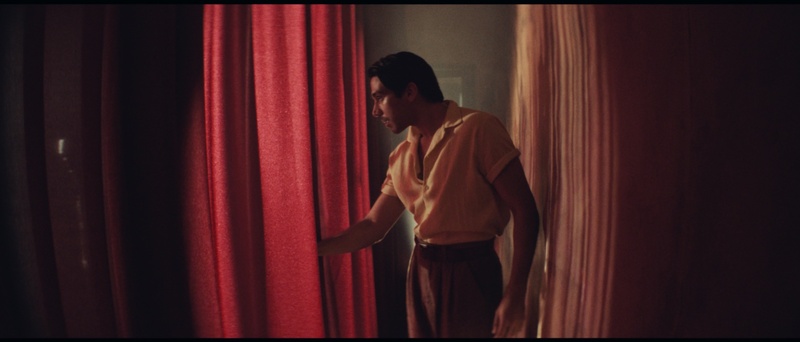
What happens when desire becomes visible in a society that survives by pretending not to see it? Set in Asunción in 1959, NARCISO unfolds at the precise moment when repression and possibility briefly occupy the same space. Rock ’n’ roll drifts into Paraguay like a strange external pulse, carrying warmth, speed, and the illusion that time itself might loosen its grip. For a fleeting moment, the city feels younger, more porous, as if something new might be allowed to take root. But that doesn’t arrive alone. Running beneath it is another cadence, slower and heavier, imposed by a military regime consolidating its authority through discipline, moral policing, and fear. The collision of those forces defines the film’s emotional grounding.
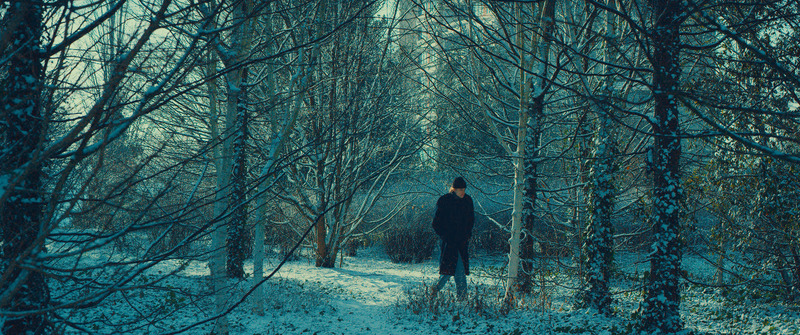
What happens after you refuse to become what your country demands of you, and where do you go when that refusal costs you everything? That question hangs over A RUSSIAN WINTER from the beginning, not as a rhetorical device, but as a lived condition. Patric Chiha doesn’t frame his documentary around shock, urgency, or outrage. Instead, he situates the film in a colder, more unsettling space, the long emotional winter that follows a decision when there is no clear reward for doing the right thing.
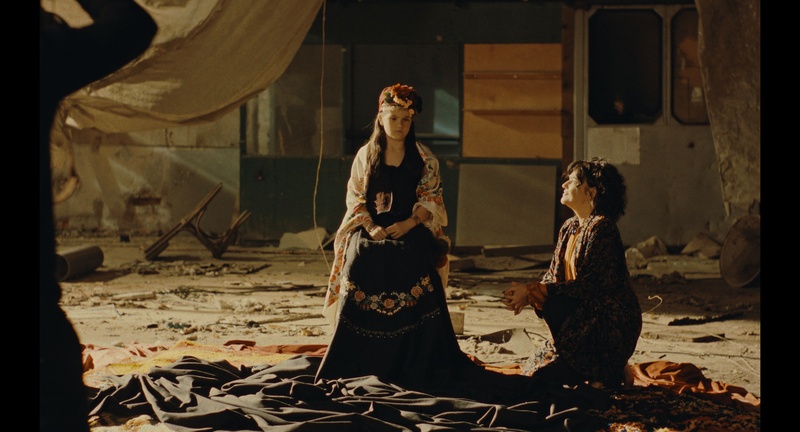
What happens when returning home feels more like meddling than staying away? NINA ROZA builds tension around that question throughout, crafting a restrained, deeply reflective drama about displacement, authorship, and the ethics adults impose on children in the name of art. Geneviève Dulude-De Celles follows her acclaimed debut, UNE COLONIE, with a film that feels more expansive yet more inwardly focused, less concerned with revelation than with reckoning.
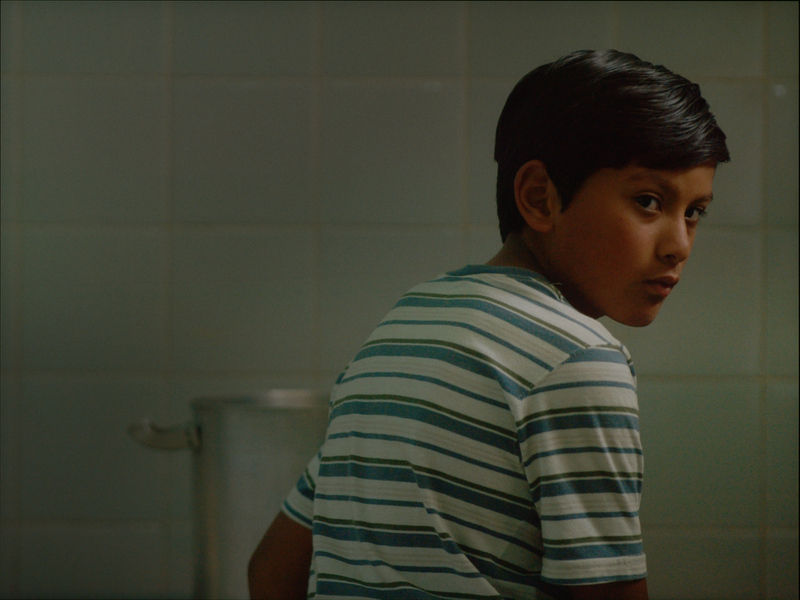
What happens when a child’s dream is quieter than rebellion, but heavier than duty? THE RIVER TRAIN has that question deeply embedded in every frame, and it never pushes to answer it. Instead, this debut feature from Lorenzo Ferro and Lucas A. Vignale settles into the emotional landscape of childhood restraint, where desire exists long before the language to express it.
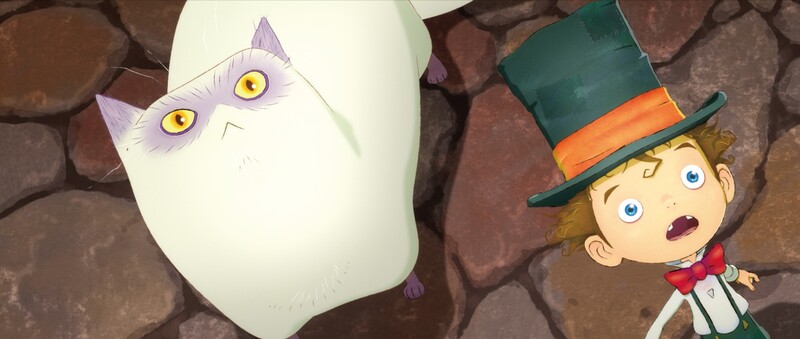
What happens to a child when the world keeps moving but their heart stays frozen at the moment of loss? CHIMNEY TOWN: FROZEN IN TIME builds its entire framing and structure around that question, using fantasy not as escape, but as a language for grief, belief, and the fear of standing still. Director Yûsuke Hirota returns to the universe first introduced in POUPPELLE OF CHIMNEY TOWN with a sequel that’s quieter, more inward-looking, and more emotionally deliberate, aimed less at extravaganza than at clarity.
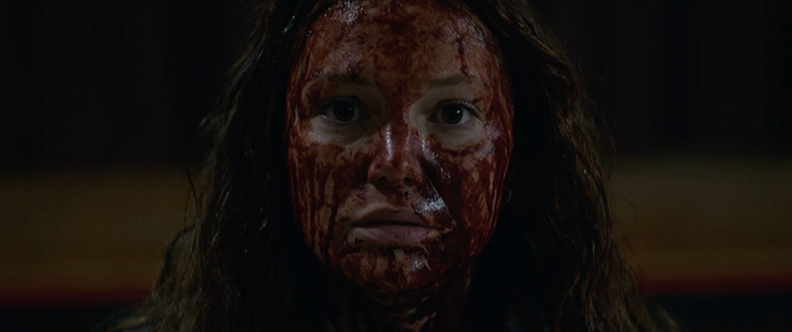
What does it mean to survive when you don’t actually want to be alive? That question sits at the center of THIS IS NOT A TEST, and Adam MacDonald never lets it drift into metaphor or genre shorthand. Instead, he locks it inside a high school, seals the exits, and forces the audience to sit with a protagonist who experiences the apocalypse less as a threat than an inconvenience to her desire to disappear.
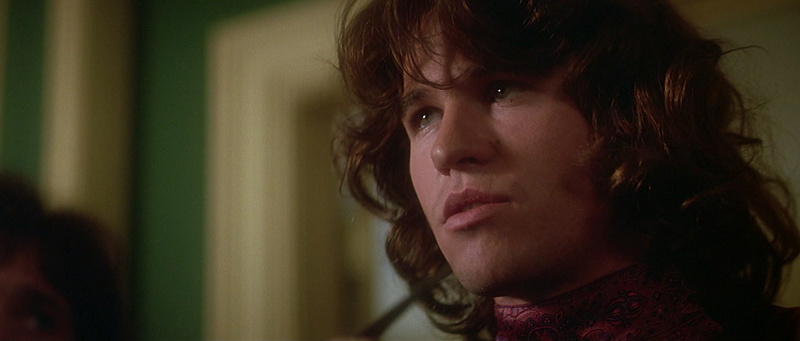
What happens when a filmmaker decides accuracy matters less than immersion? THE DOORS answers that question with a clear vision, not with restraint, but with a full-bodied plunge into sensation, ego, and excess. Oliver Stone’s vision of Jim Morrison isn’t designed to explain the man; it’s designed to make you feel what it might have been like to exist inside his world, and that distinction is crucial to understanding why this film still provokes such divided reactions more than three decades later.
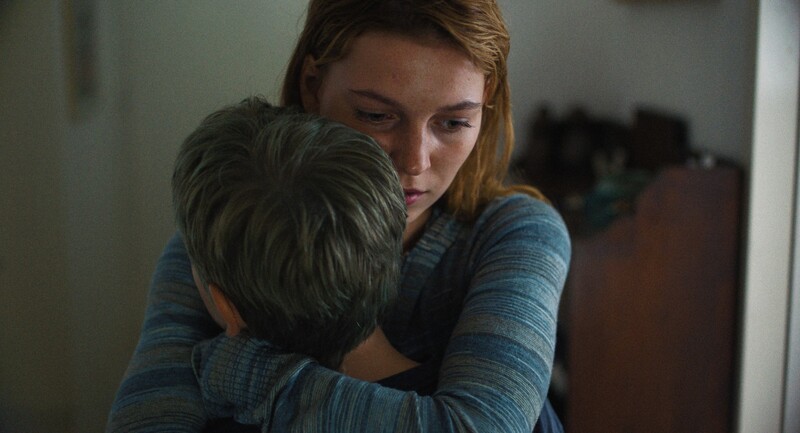
What changes when the same story is told multiple times and both versions are true? A FAMILY builds the entirety of the story around that question, using structure as a moral lens. Mees Peijnenburg’s latest feature approaches divorce not as an incident, but as a lived condition, one that reshapes perception depending on where you stand, how old you are, and how much agency you’re allowed to claim.

What does freedom look like when the thing you are running from is also the thing you are meant to become? PAPAYA opens with that question embedded in its premise, and rather than answering it immediately, the film lets the idea stretch, bend, and grow alongside its protagonist. Priscilla Kellen’s debut feature is an animated story built on movement, curiosity, and resistance, but it’s ultimately about learning when motion is survival and when it becomes avoidance.

What do we inherit when the person we’re supposed to become is missing? PARADISE begins with the presence of absence, and not as a mystery to be solved, but as a situation to be endured. Jérémy Comte's first feature-length film explores two narratives set across the ocean from each other, and while the plots have little in common, they are linked by their emotional importance.
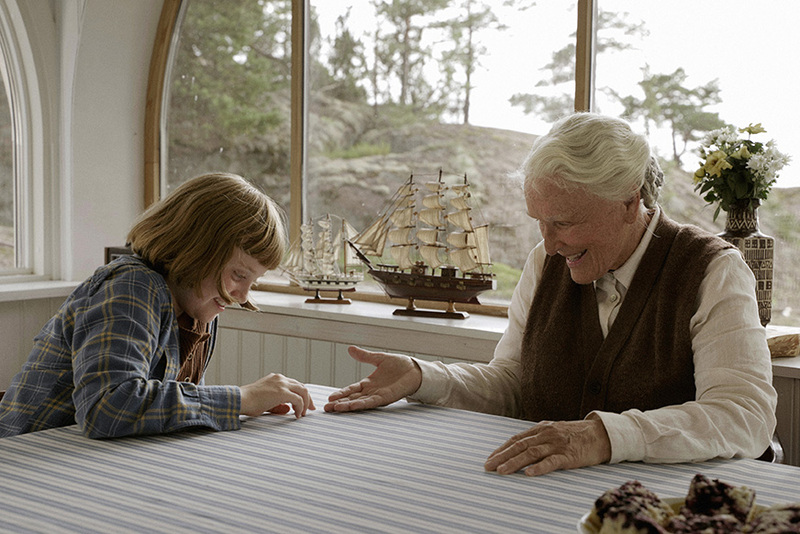
What does it mean to grow up when the people around you are quietly falling apart? Charlie McDowell’s THE SUMMER BOOK doesn’t open by posing a question that needs to be solved, but rather by assuming a question is always there, and that we live inside of it. Unlike many films, THE SUMMER BOOK doesn’t seek to create dramatic turns or emotional releases. Rather, it takes the idea that grief, love, and understanding, and with that the act of understanding, can unfold at the pace of observation (or even non-action) rather than through action.
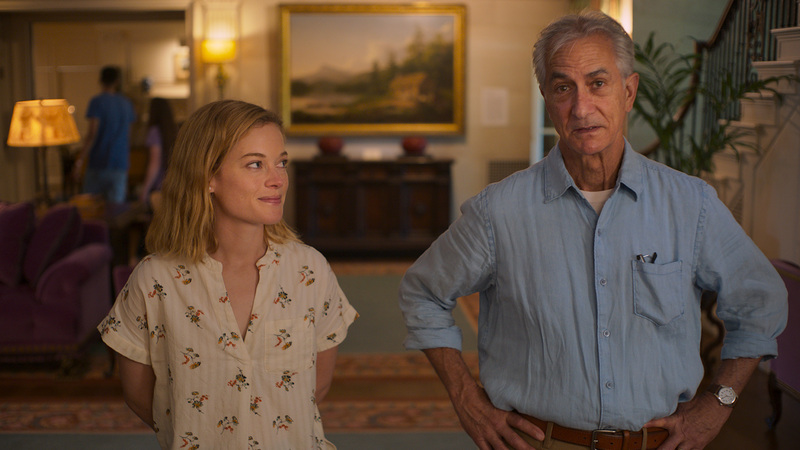
What responsibility does a parent have once their children are grown, and what happens when love no longer grants authority? A LITTLE PRAYER begins with that unasked question hanging above each conversation, yet never asked directly, however it's sensed in the silence between lines, in the hesitation of characters before speaking, and in the measured distance maintained by the film from making judgments.
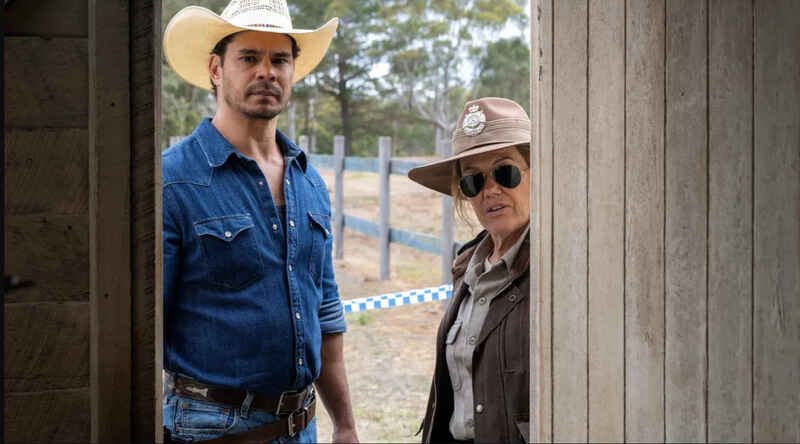
What happens when a detective tries to build a life instead of running from one? MYSTERY ROAD: ORIGIN S2 begins with that very quiet question pressing in on Jay, and right from the beginning, that indicates a big difference in tone from the first season. While the first season was really about Jay's origin story through the lens of vengeance and unresolved issues, S2 is about the consequences of those actions. S2 is much slower, heavier, and more introspective, and that decision sets up almost every element of the rest of the season.
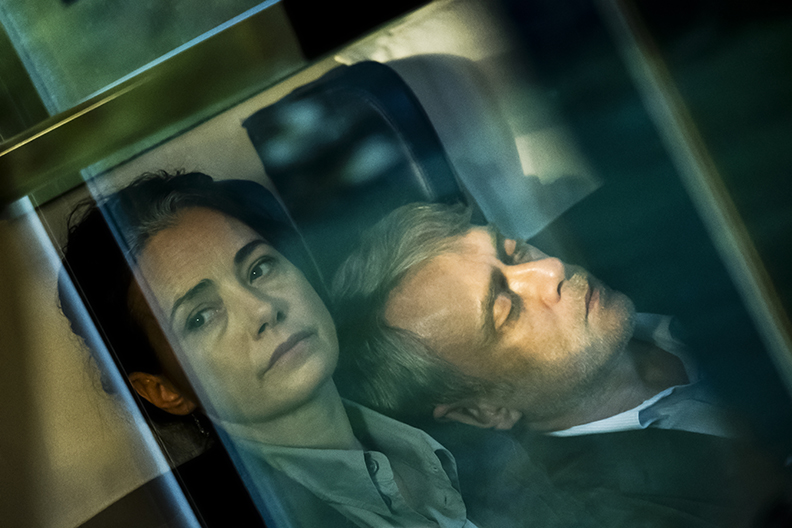
What happens to a family when punishment appears without explanation, without appeal, and without a face to confront? In YELLOW LETTERS, Director İlker Çatak returns to the theme of institutional authority he first explored in THE TEACHERS’ LOUNGE (an Oscar-nominated film, and one of my favorites of that year), this time looking outwards at how State Power erodes lives through paperwork, silence, and apathy. Rather than focusing on chaos or violence, Çatak illustrates how the State disintegrates the structure of families quietly and with impunity. The title YELLOW LETTERS represents the film's approach to depicting how State Authority operates to erase lives. These letters aren’t bold declarations of intent, but are instead tools designed to silently eliminate the very existence of those who have been targeted.